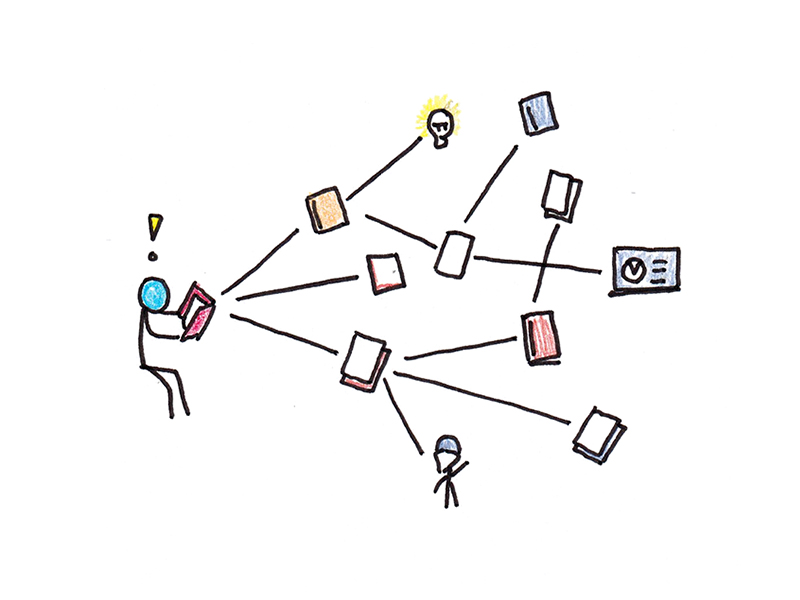# Scott Young - My Simple Habit for Smarter Book Reading (Highlights)

## Metadata
**Review**:: [readwise.io](https://readwise.io/bookreview/38196641)
**Source**:: #from/readwise #from/reader
**Zettel**:: #zettel/fleeting
**Status**:: #x
**Authors**:: [[Scott Young]]
**Full Title**:: My Simple Habit for Smarter Book Reading
**Category**:: #articles #readwise/articles
**Category Icon**:: 📰
**URL**:: [www.scotthyoung.com](https://www.scotthyoung.com/blog/2024/02/27/smarter-book-reading/)
**Host**:: [[www.scotthyoung.com]]
**Highlighted**:: [[2024-02-28]]
**Created**:: [[2024-03-02]]
## Highlights
- I don’t believe critical thinking is a skill at all. Instead, most of what we refer to as critical thinking is simply knowing more about the topic being discussed. Experts can spot the fallacies in certain arguments because they’ve steeped themselves in the history of ideas and debates in the field for years. Newcomers have not, and therefore cannot. ([View Highlight](https://read.readwise.io/read/01hqqp7ged781xder2x29gc7bk)) ^685343763
- Instead, the best solution is to seek out the best counterarguments available. These arguments are typically made by competing experts within the same field. What do those experts say is wrong with the book’s idea? ([View Highlight](https://read.readwise.io/read/01hqqp8fdc9bxx42qef9279zz5)) ^685343825
- My preferred source for this type of rebuttal is scholarly book reviews. ([View Highlight](https://read.readwise.io/read/01hqqp9vy9vnsnhqr9nja9rhe9)) ^685343895
- To find these scholarly reviews, simply go to Google Scholar and type “Name of Book” and “review” to find some examples. ([View Highlight](https://read.readwise.io/read/01hqqpa2h41y9n53shh6v9w9vm)) ^685343903
- If this fails, another strategy is to find the book itself on Google Scholar and click “cited by” to find something that discusses the book rather than simply references it. ([View Highlight](https://read.readwise.io/read/01hqqpagrhfgwnf4kjwck0m7qh)) ^685344956
- Finding the technical terms that refer to the ideas in the book can help you find critiques of those *ideas*, even if those rebuttals are not aimed at a particular *book*. Pretty much any idea you can think of has a name, and once you know its name, you can find people who agree and disagree with it. ([View Highlight](https://read.readwise.io/read/01hqqpbcznhfxn6ds6cms8xs97)) ^685347077
- ChatGPT and LLMs can be useful here. Asking an LLM, “What are the most frequently cited objections to opinion X?” doesn’t guarantee an accurate summary of the literature. But it can give you a starting point by introducing you to some jargon you can search for later. ([View Highlight](https://read.readwise.io/read/01hqqpbp7f83tssc1fv2s5ayfr)) ^685347673